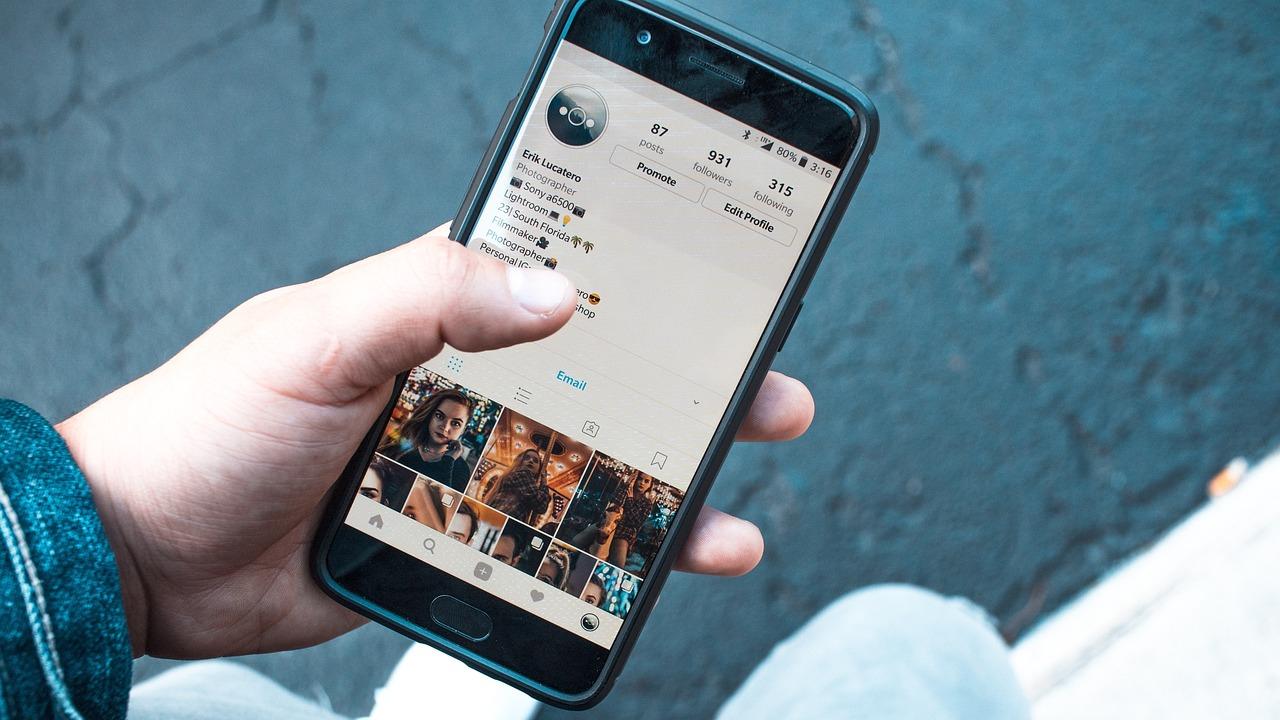Home / Lifestyle / Relationships / Photos /
PHOTOS: What is Orange Peel Theory? Mumbai expert explains the dating trend
Updated On: 19 February, 2024 10:30 PM IST | Nascimento Pinto
As the Orange Peel Theory as a modern dating trend becomes more popular on the Internet after it started trending over the last one year, experts say a relationship cannot be defined by a social media phenomena

1/6

2/6
Orange Peel Theory is the act of simply asking your partner to peel an orange for you, and that shows an individual’s commitment to the relationship. The theory has not only been indicated towards men and their effort in a relationship but also towards non-romantic relationship across the internet.
ADVERTISEMENT

3/6
Swapnil Pange, a city-based psychologist and counsellor, practicing in Thane and Dadar over a decade believes doing small things for partners, without being asked for, definitely indicates your love language but that’s not everything. He says people need to understand that when two people are in a relationship it is actually two different brains trying to co-exist together. They may definitely have different love languages. In this case, a person’s act of loving their partner may be exactly different from what the other partner expects or understands.

4/6
Pange says social media is definitely influencing relationships and dating of this generation as they get validity and peer acceptance whenever they follow the trend. But that may not exactly how real-life relationships would work. He thinks one should not judge their partner merely on the basis of their ability to do the act of doing the ‘bare minimum’ but the context in which the actions are done.
ADVERTISEMENT

5/6
The Mumbai expert says Millennials and Gen –Z have stark differences in approaching relationships and dating today. Millennials were not exposed to technology and social media and therefore their relationships were more shaped by real life scenarios and not social media trends. Today’s generation have a lot of exposure and options available when it comes to dating and relationships. It has both pros and cons, and one should be very mindful when using social media trend as a template to choose a dating partner.

6/6
Some of the ways he says that you can show affection to your partner rather than just focusing on peeling the orange is - respecting your partner’s needs and boundaries; understanding your partner’s love language as well as expressing your love language to them; balancing between ‘me time’ and ‘we time’; not keeping social media trends as parameter to select the partner or using them to evaluate your relationship efficacy; keeping your relationship private and not necessarily social every time.
ADVERTISEMENT



